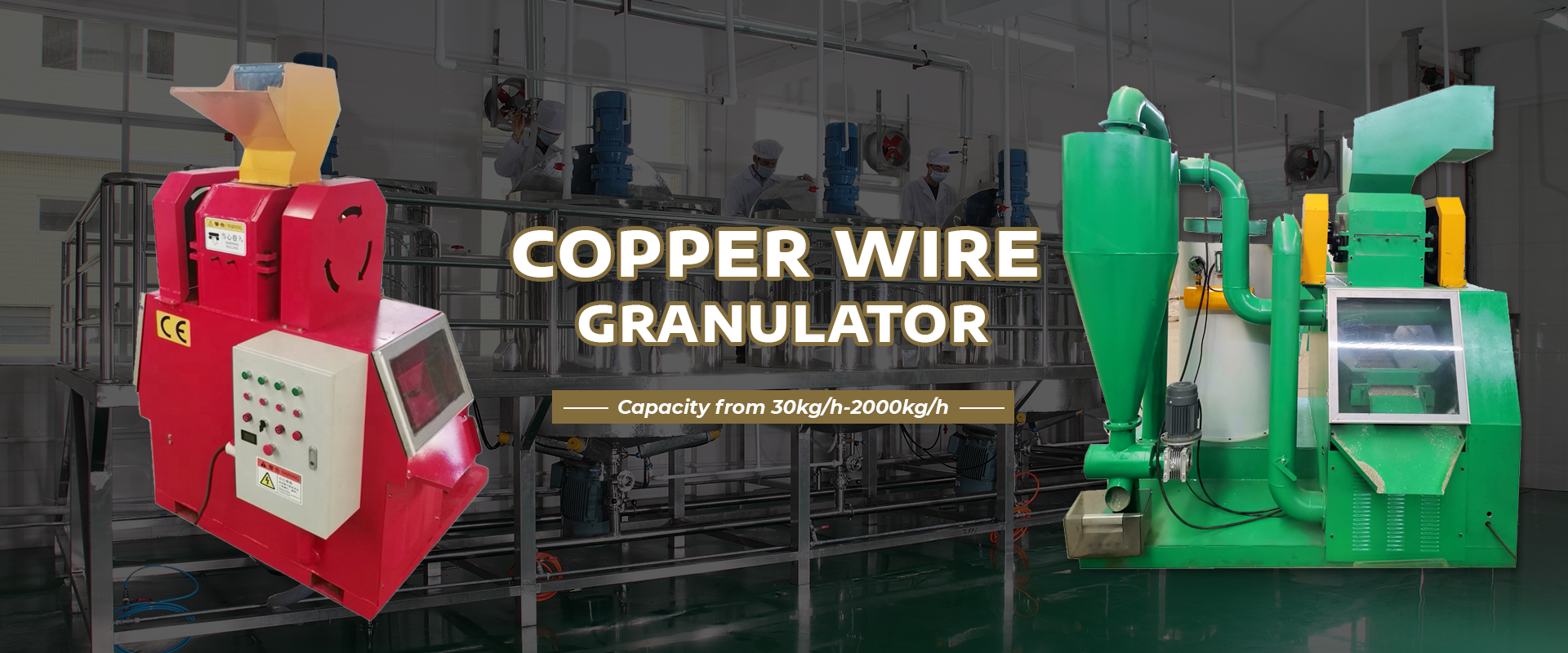

Jul . 27, 2024 16:08 Back to list
The Importance of Aluminium Recycling Plants
In an era where environmental conservation is of paramount importance, aluminium recycling plants play a crucial role in promoting sustainability and reducing waste. Aluminium, a versatile metal widely used in various industries, including packaging, automotive, construction, and electronics, has a unique property it can be recycled indefinitely without losing its inherent qualities. This article explores the significance of aluminium recycling plants and their impact on the environment and the economy.
Aluminium recycling plants are facilities specifically designed to process scrap aluminium and transform it into reusable raw material. The recycling process typically involves several stages, including collection, sorting, shredding, melting, and refining. Once the scrap aluminium is gathered, it must be sorted to remove contaminants such as plastics, wood, and other metals. The sorted aluminium is then shredded into small pieces, which are easier to melt. Using high temperatures, the shredded aluminium is melted down, purified, and cast into new shapes, ready for the manufacturing process.
One of the most significant advantages of aluminium recycling is its potential to conserve energy. Producing aluminium from bauxite ore requires an enormous amount of energy, estimated to be up to 95% less when recycling aluminium. This stark difference in energy consumption makes recycling economically beneficial while also contributing to greenhouse gas reduction. With global warming and climate change posing severe threats to the planet, decreasing energy consumption in metal production is a crucial step toward environmental sustainability.
The environmental benefits of aluminium recycling extend beyond energy conservation. Recycling reduces the need for raw material extraction, which can be harmful to ecosystems and biodiversity. Mining bauxite can lead to deforestation, habitat destruction, and pollution of air and water resources. By recycling aluminium, we minimize the environmental footprint associated with mining activities, helping to preserve natural habitats and protect wildlife.

Furthermore, aluminium recycling plants contribute significantly to the economy. They create jobs, not only within the plants themselves but also in related sectors such as waste collection and transportation. The recycling industry can serve as a catalyst for local economies, encouraging investment in advanced technologies and sustainable practices. As consumer awareness regarding environmental issues grows, companies that emphasize sustainability through recycling are increasingly favored by customers, thereby fostering economic growth.
Moreover, the aluminium recycling industry supports a circular economy. In a circular economy model, products are designed for durability, repairability, and recyclability, ensuring that materials are kept in use for as long as possible. Aluminium recycling plants embody this concept, providing a closed-loop system where waste is transformed back into valuable resources. This not only reduces landfill waste but also promotes responsible consumption and production patterns.
Challenges remain in the aluminium recycling sector, such as contamination of scrap materials and fluctuating market prices. However, innovations in recycling technologies and improved public awareness about recycling practices can help mitigate these issues. Community programs focused on educating consumers about proper recycling methods can significantly enhance the quality of recycled materials and increase the overall efficiency of recycling operations.
In conclusion, aluminium recycling plants serve as vital components of a sustainable future. They offer a solution to reduce energy consumption, conserve natural resources, create jobs, and promote economic growth while helping to combat climate change. As society continues to prioritize environmental sustainability, the role of aluminium recycling plants will only become more prominent, making them essential for a cleaner, greener planet.
Latest news
Troubleshooting Common Eddy Separator Problems
NewsJul.04,2025
The Role of Metal Recycling Plants in Circular Economy
NewsJul.04,2025
The Impact of Recycling Line Pickers on Waste Management Costs
NewsJul.04,2025
Safety Features Every Metal Shredder Should Have
NewsJul.04,2025
How Industrial Shredders Improve Waste Management Systems
NewsJul.04,2025
How Cable Granulators Contribute to Sustainable Recycling
NewsJul.04,2025